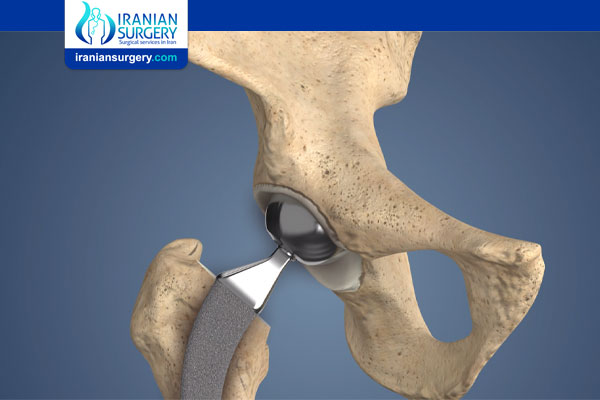Partial Hip Replacement
Partial Hip Replacement
The benefits of hip replacement surgery are numerous. Most patients say the pain-relief alone is worth it, and the improved mobility and hip function dramatically improve a person’s quality of life by restoring independence and the ability to participate in pleasurable activities. Studies show that more than 80% of hip replacements last at least 15 years, and more than 70% last at least 20 years, making it a great option for the long-term improvement of problems with severe arthritis in the hips.
But in order to maximize these benefits, avoid dislocation and injury, and get the most out of your hip replacement surgery, there are some precautions you’ll need to take. Read on for more information about what not to do after hip replacement surgery.
What Not to Do After Hip Replacement Surgery
Whether you’ve just had hip replacement surgery or you’re planning to in the near future, you’ll probably want to know what your life will be like afterward. Life after hip replacement surgery is different for everyone, depending on the type of hip replacement, your overall health, your lifestyle, and other factors. Your surgeon will give you a list of precautions, instructions, and information about what exercises and activities to avoid after your hip replacement surgery, but we’ve listed some of the most common precautions below.
Keep in mind that the restrictions listed below may apply to the time period immediately following your surgery, the 6-12 weeks after, 4 months to a year after, or permanently. The particulars of each will depend on the incision location, the type of hip surgery, and the type of hip prosthetic used. It’s important to remember that your doctor and physical therapist are there to help you heal and maximize your quality of life. Following their instructions will give you your best chance of a quick and lasting recovery.
Some Common Things to Avoid After Hip Replacement Surgery
Don’t resist getting up and moving around
Don’t resist getting up and moving around as instructed by your surgeon or physical therapist in the days immediately following your surgery. Although it may feel too early, doing so will help prevent blood clots and help encourage the healing process.
Don’t bend at the waist more than 90 degrees
This includes bending down to tie your shoes, sitting in a low chair, or any other activity that requires bending at the waist. These activities increase the chances of dislocating the new hip.
Don’t lift your knees up past your hips
Just as bending over too far at the waist can dislocate the hip from its socket, the same is true for lifting your knees in a way that raises them higher than your hip.
Don’t cross your legs
Depending on the type of hip replacement surgery you’ve had, crossing your legs (particularly crossing the operated leg over the non-operated leg) might be restricted only in the few days or weeks after your surgery, or for much longer. This action, too, can result in a dislocated hip joint.
Don’t twist or pivot at the hip
As a general rule, try to keep your chest and hips pointing in the same direction as much as possible.
Don’t rotate your feet too far inward or outward
Try to keep your toes and feet pointing in the same direction as your hips as well. This is important whether you’re walking, standing, sitting, or lying down.
Don’t drive until you’re cleared by your doctor
Driving after hip replacement is different for everyone. Some people are able to drive within a couple of weeks of their hip replacement surgery, and others need more time to heal and drive safely. Before you drive, it’s important to discuss it with your doctor so that you know you’re safe on the road and that doing so won’t disrupt your healing process.
Don’t rush the healing process
Although you may be eager to get back to independent living, the last thing you want is to risk re-injuring yourself. If you do not feel ready to tackle the tasks of daily living when you’re discharged from the hospital, you have the option of recovering in a skilled nursing facility. There, you’ll receive the rehabilitative care you need to heal and recover at your own pace.
About Iranian Surgery
Iranian surgery is an online medical tourism platform where you can find the best orthopedic surgeons in Iran. The price of Hip replacement surgery in Iran can vary according to each individual’s case and will be determined by an in-person assessment with the doctor.
For more information about the cost of Hip replacement surgery in Iran and to schedule an appointment in advance, you can contact Iranian Surgery consultants via WhatsApp number 0098 901 929 0946. This service is completely free.
Source:
https://www.bellavistahealth.com/blog/what-not-to-do-after-hip-replacement-surgery


